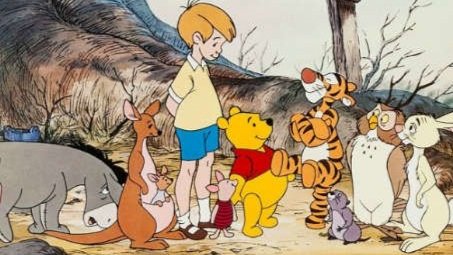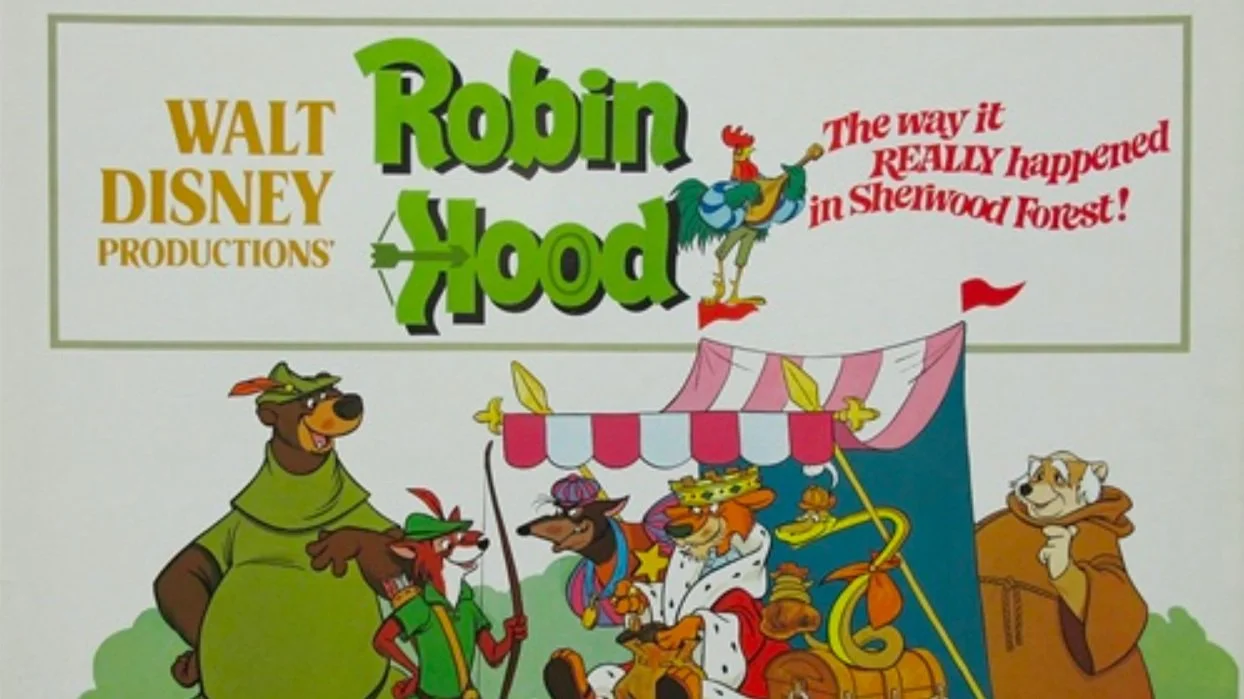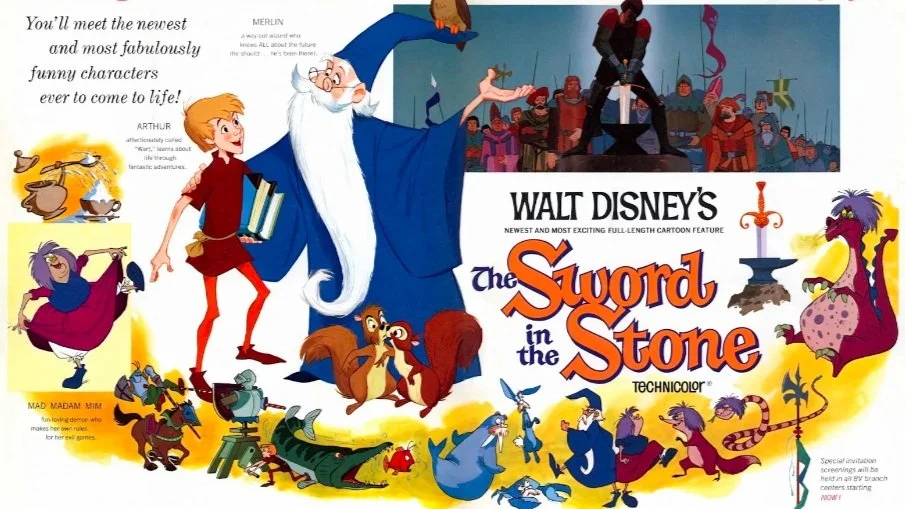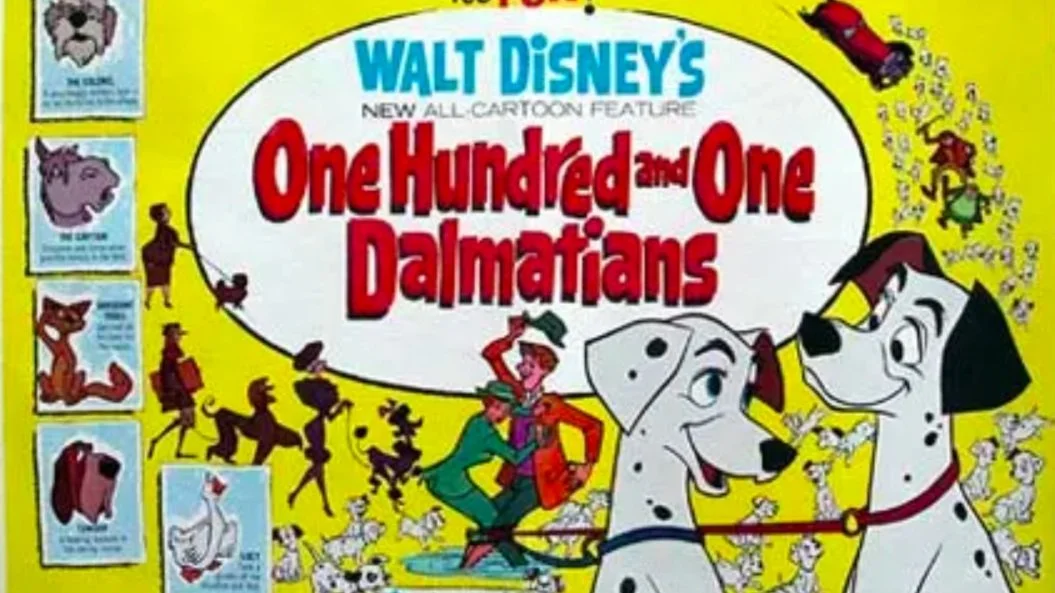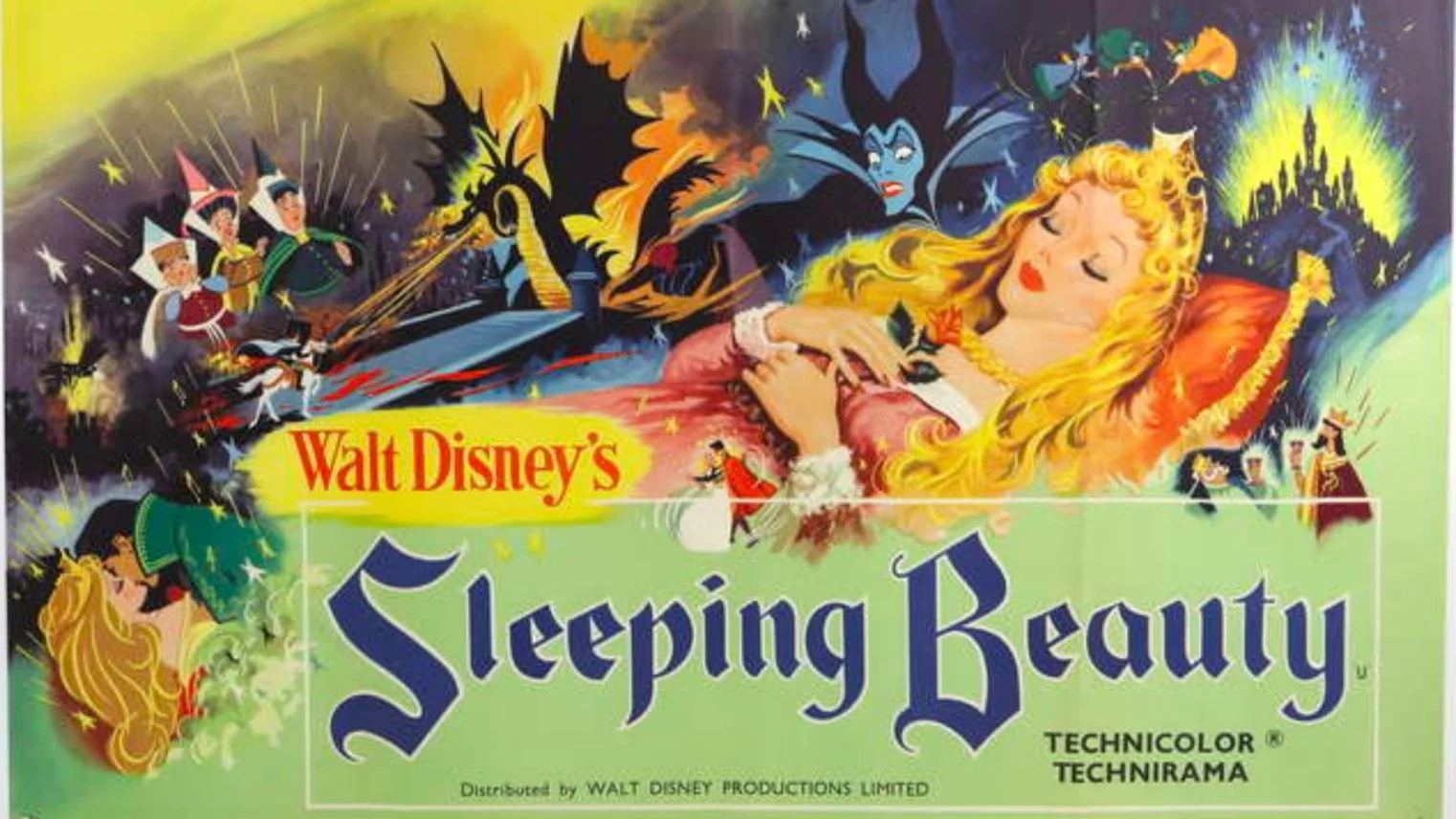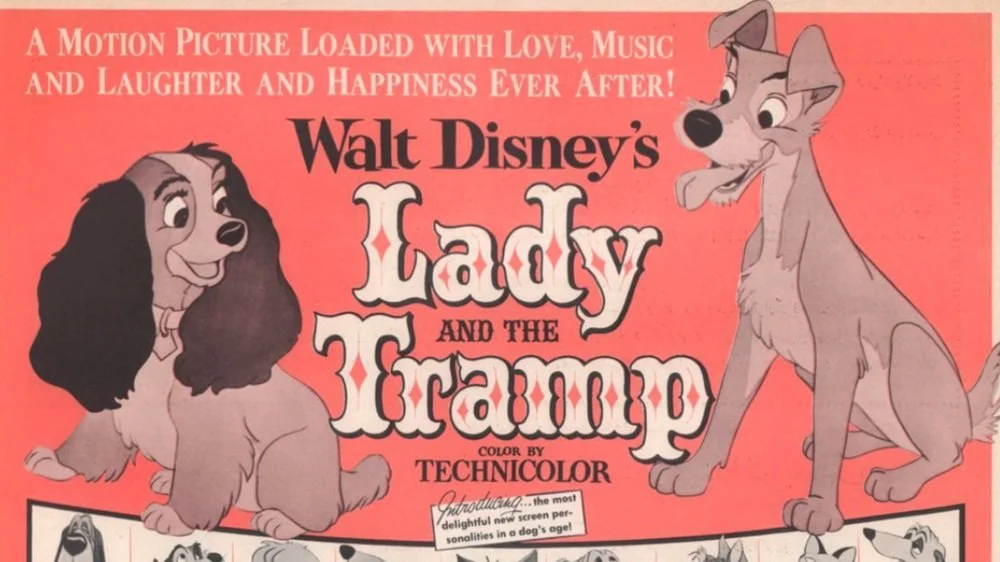On Screen Projection: Terms of Endearment (1983)
It can be easy to negate films that are couched in fantasy. But whether a movie is two people talking in a room or full of wizards and fairies, the memorable ones focus on “human” emotion and interaction. The Lord Of The Rings trilogy is about hobbits and magic rings, but its real story is about the smallest of us working together to overcome great odds through friendship. The Neverending Story may use every fantasy trope imaginable, but it also contains a frank discussion on the nature of depression, leaning on “The Nothing” and that scene with Artax that we don’t talk about. And this understanding brings us to this week’s wide release of Maleficent: Mistress of Evil. After some of the heavy themes of its predecessor, paired with snippets from the trailer, there is a strong likelihood that this story will focus on human problems. I mean also a horned, winged lead character that has a bird that can turn into a dragon, but the human stuff, too.
Featured in that trailer is Maleficent (Angelina Jolie) being obviously disapproving of her daughter Aurora (Elle Fanning) getting married. When discussing this particular theme with the staff at Talk Film Society, the movie that immediately came up was Terms of Endearment. Maybe not the most likely double feature, but a connection nonetheless!
Terms of Endearment is beloved, and for good reason. It was nominated for 11 Oscars, and won 5. It is routinely mentioned among the greatest screenplays ever written, and watching it now, more than 35 years after its initial release, you can absolutely see why it is revered. On its face, the focus of Terms of Endearment is on the mother and daughter. After all, the film opens with Aurora Greenway (Shirley MacLaine) continually checking in on her infant daughter to her husband’s chagrin. This focal relationship between Aurora and Emma (Debra Winger) is the beating heart of the movie. It is frankly astonishing how well this works, given that these two characters are essentially living separate lives for nearly half of the film’s runtime. But the perfect pacing, and the use of sometimes brief phone conversations between them never lets us forget who really matters.
But it is important to note that scenes without these two interacting are just as effective. Emma’s marriage with Flap (Jeff Daniels) or Aurora’s relationship with Garrett (Jack Nicholson) could absolutely carry their own separate films. The former shows a quite real view of the trials and tribulations of a difficult (but still loving) marriage with children and the latter shows something we rarely see, a whirlwind romance (for better or worse) with actors over the age of 30.
But to rewind just a bit, near the beginning of the film, Emma tells Aurora that she is going to marry Flap and her reaction is, well, not positive. In fact, she flat out tells her it is a bad idea. And what is the reasoning behind a reaction like this? Well, if you ask Aurora, she would probably say that she wants her daughter’s life to be great, and being attached to a professor who has difficulty finding a job just doesn’t quite measure up. But the process of “losing” a child to adulthood can be a very difficult one. And it certainly doesn’t help that Aurora is not the easiest person to get along with. Emma even says about her mother, “sure would be nice to have a mother somebody liked!”
Although there is some discussion about its reality, Aurora could be considered to be experiencing Empty Nest Syndrome. Simply put, this is a feeling of intense loneliness and even grief that many parents feel when their children leave the home. It is often misunderstood or flat out ignored because children leaving the home is a natural event in the process of becoming an adult. Some symptoms may include depression, feelings of rejection, worry, stress, and a loss of purpose. Like any other syndrome, there are methods of coping. In this case, they include maintaining personal hobbies or interests, discussing their feelings about it, and keeping in contact with their adult children. It is important to note that almost every parent will experience some sadness regarding their children leaving, but individuals who are strongly identified with being a parent can feel this much more acutely and this is when it can become a syndrome and thus, affect their daily life in a negative way.
Aurora is a bit of a difficult case, in this and in all other ways, and this is another strength of the film. With your main female characters surrounded by sometimes frustrating men, it would be easy to make the women perfect. And yet, Terms of Endearment and its script, penned by James L. Brooks, dives headlong into difficult interactions and neuroses fully on display. Speaking of, Aurora certainly identifies strongly with being a mother, as evident by that opening scene with her constantly checking on her young daughter. But it seems that in order to distract herself from her loneliness, she relies on romantic attention. Whether it’s from the previously mentioned Garrett or from Vernon (a young Danny DeVito), she both desires and challenges male attention. Despite her usually positive reaction to fawning attention, she tells Vernon in what may be a moment of raw honesty and self-awareness, “Don’t worship me until I’ve earned it.”
But despite some reactions we may think of as immature, Aurora is not simply present to infuriate or entertain us, she is a real character who changes over time. And that may be this film’s greatest strength, it has a mastery of making us feel exactly that, the passage of time in these two women’s lives. One perfect example is Aurora’s role as grandmother to Emma’s children. Upon first hearing that she will be a grandmother, her reaction is extreme and frankly, terrifying to watch from Emma’s perspective. It becomes yet another example of her mother’s reactive personality. But over time, Aurora accepts this role and clearly shows how much she adores her grandkids, even if she never truly accepts their father.
Through the events near the end of the film, Aurora becomes a type of mother again. It is the ultimate twist of the knife. It may be partially what she wants, but the losses she endures make one wonder if it is worth it. Aurora is certainly not defeated, but this loss is not simply one of a change of role, but a true, irreversible change.
Terms of Endearment is a miracle of filmmaking. It fulfills that ancient stereotype of a moving story. “it made me laugh. It made me cry.” But truly, it is a film that will make you laugh hysterically in one moment and have you heartbroken the very next. Most of all, it feels real. All of the beauty and the ugliness inherent in humanity is on full display here. A beautifully written script paired with pitch perfect performances by all four main characters makes Terms of Endearment operate on a level that few films reach.
Will Maleficent: Mistress of Evil reach these heights? Let’s go out on a limb here and say, absolutely not. But there is ample opportunity, between amazing effects sequences and Angelina Jolie’s razor sharp cheekbones, to have real human interaction. Films can be both entertaining and focus on the smaller moments. And given the focus on character work in the trailer, there is still hope! And hey, you put Angelina Jolie, Michelle Pfeiffer, and Elle Fanning in a movie, and many of us will be there opening day regardless.





